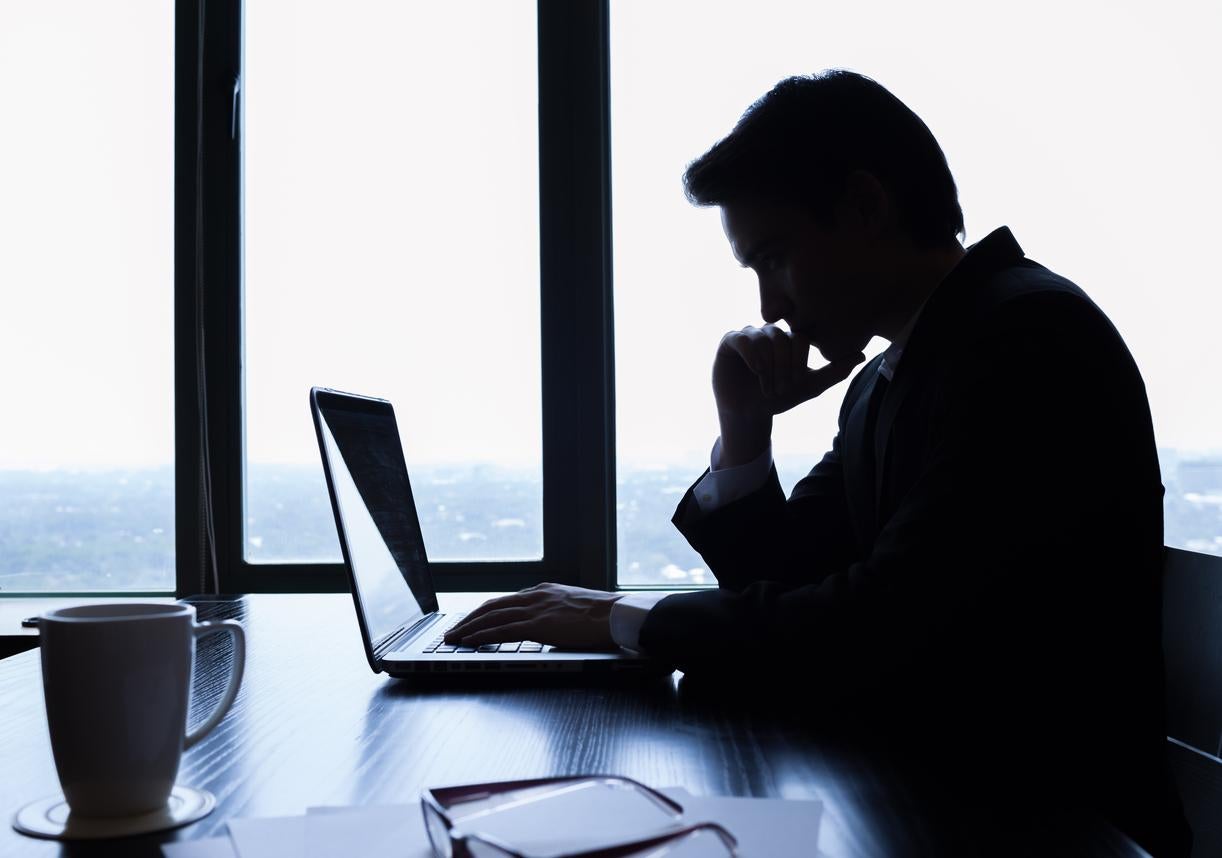Laptop ban on flights: how will it affect the travel industry?
'Temporarily it may not be a bad thing — we can do more thinking,' says aviation insider

As the US and Europe prepare to settle their differences over the extension of America’s “laptop ban”, the likely effects are being hotly disputed.
Donald Trump’s administration wants to extend the current ban on larger electronic devices to cover all international flights to the US. But European safety officials and British pilots have warned of the risk of on-board fires if equipment powered by lithium batteries is carried in aircraft holds.
In a survey of 3,600 travellers polled for Holiday Extras, one in three said they would “reconsider their flights” if faced with having to check in their electronic devices in the hold of an aircraft. The leading concern is safety — not of themselves but of their belongings. Almost one-fifth of those polled say the risk of theft or damage is unacceptable. One in six said they would not want to make a long trip without their devices.
Ant Clarke-Cowell, Communications Director at Holiday Extras, said:

“Whether they’re used to update social statuses, translate local languages or plan our journeys, electronic devices are a huge part of modern travel.”
But a leading travel industry figure believes a ban would not damage the numbers flying the Atlantic — and speculates that positive profiling could ease the effects of the US laptop ban.
Gordon Wilson, CEO of the travel distribution and technology platform, Travelport, said a ban “won’t have a material long-term effect” on transatlantic booking. He told The Independent: “We haven’t seen any diminution in travel since the existing ban took effect.
"Travelport booked one million UK-US transatlantic journeys between January and March, with one in four in business class.
“The traveller is ultimately adaptable, and despite the stricter rule on shoes and toiletries, the volume of travel has continued to increase."
Mr Wilson is flying transatlantic on Sunday. Were a ban on electronic devices to be introduced by then, he said he would “check my laptop in, carry a lot more paper, and work on paper. Temporarily it may not be a bad thing — we can do more thinking.”
In time, he foresees that the US authorities will develop a “Trusted Equipment” programme, in parallel with the existing “Trusted Traveler” scheme — which provides lighter-touch security at US airports for positively vetted passengers.
“The harsh reality of the world is that if you travel regularly and are prepared to give more information about yourself, in return you can expect an easier ride.”
At present there is an impasse between the US Department of Homeland Security, which is determined to roll out the ban to all foreign airports, and European officials who believe that risks to travellers could be increased if more devices powered by lithium batteries are carried in aircraft holds.
Laurie Price, former Aviation Advisor to the Transport Select Committee, said: “It’s a classic case of the US knee jerk reaction, of wanting to be seen to be doing something, rather than working collectively on a solution and the root cause of such issues.
“With the current administration agenda, I fear that is only likely to get worse,” he said.
Join our commenting forum
Join thought-provoking conversations, follow other Independent readers and see their replies
Comments
Bookmark popover
Removed from bookmarks